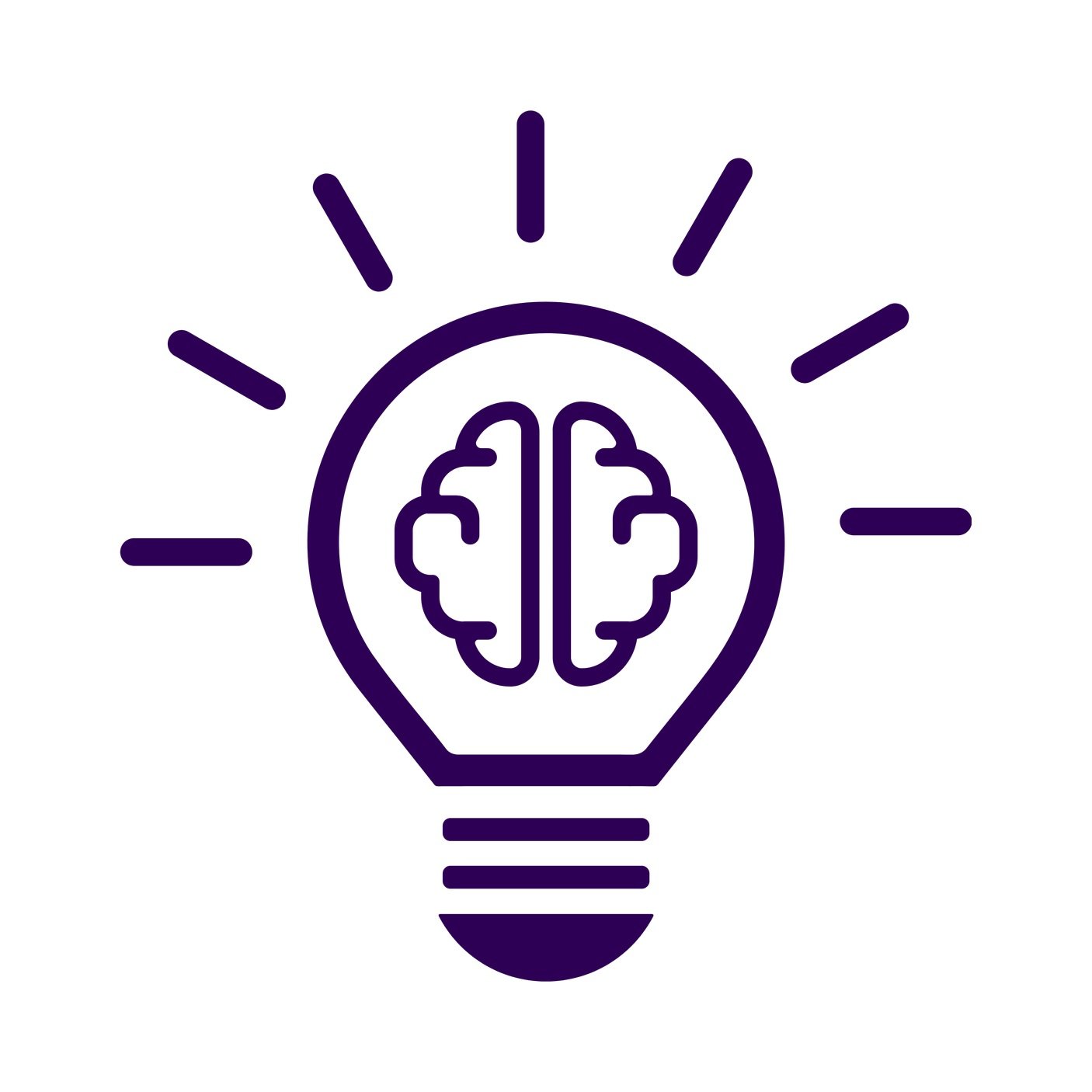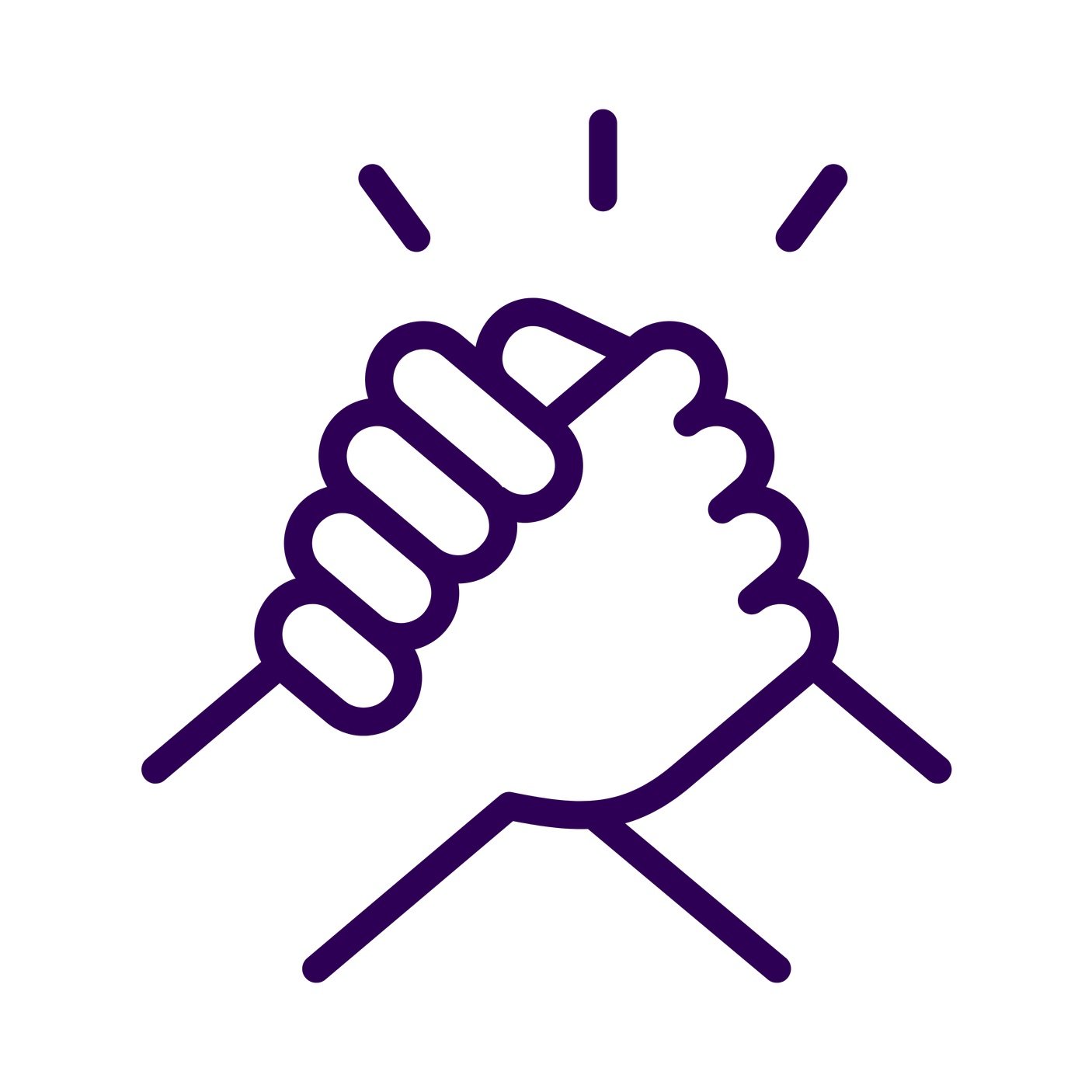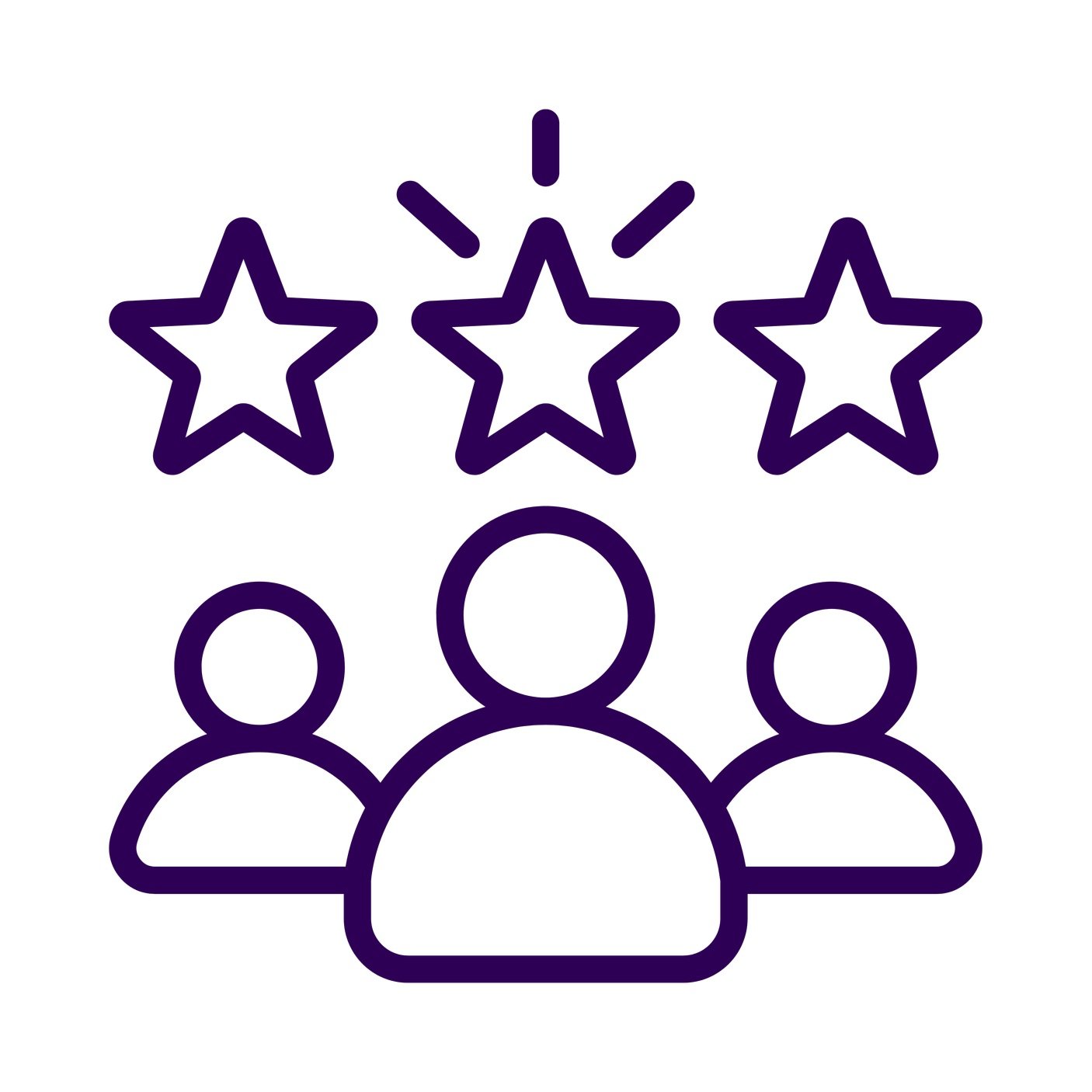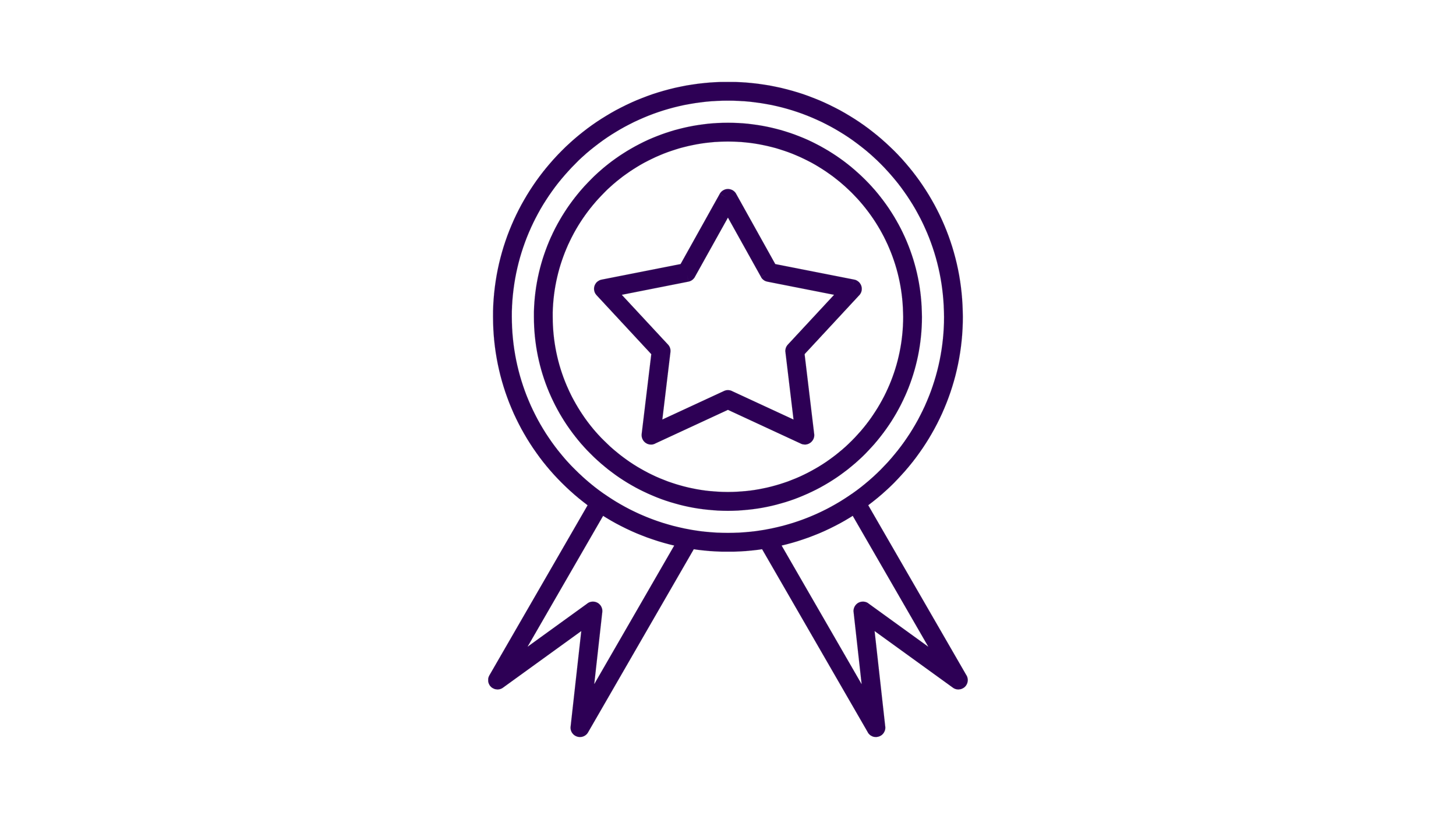
TEAMS AND CLUBS
A Growing Need
Awareness of neurodiversity is increasing, and diagnoses are on the rise. With this growth, more athletes feel empowered to disclose their neurodivergent identities and advocate for themselves, requesting the accommodations and support they need to engage and thrive. Sports organisations, at all levels, carry both a moral and legal responsibility to respond by creating accessible and welcoming environments that benefit everyone. Anti-discrimination laws, such as the Equality Act 2010 in the UK or the Americans with Disabilities Act (ADA) in the U.S., protect neurodivergent athletes from discrimination and ensure equal access to training, competitions, and activities. Integrating neurodiversity into organisational policies, training, and culture not only meets these legal standards but also supports all athletes, fostering an environment where everyone can thrive and experience the full benefits of sport.
Neurodiversity in Sports
Neurodiversity refers to the natural range of variations in human brain function and behaviour. It encompasses conditions such as ADHD, autism, dyslexia, dyspraxia, and more. Those who are neurodivergent exhibit neurological and behavioural traits that diverge from typical patterns. Rather than viewing these differences as deficits, the neurodiversity paradigm acknowledges them as variations with unique strengths and challenges. This approach shifts focus from "fixing" individuals to celebrating diverse ways of thinking, interacting, and learning. In sports, neurodivergence can benefit both individuals and teams when challenges are supported and unique strengths are embraced and strategically applied.
Myth Busting Team Sports
Sport has traditionally followed a one-size-fits-all model, but neurodivergent athletes are challenging that notion by showcasing how adaptability and creativity can coexist with high performance. Neurodivergent individuals often bring strengths like hyperfocus, strategic thinking, and resilience that can elevate team dynamics and competitive spirit. Whether it’s a precision-based solo sport or a highly collaborative team setting, neurodivergent athletes add value through unique perspectives and approaches to problem-solving and performance under pressure. The real task for sports organisations is to create environments where neurodivergent athletes feel understood, supported, and encouraged to thrive.
Neuroinclusive Practice Benefits All
Supporting neurodivergent athletes doesn’t just benefit individuals—it can transform entire teams. When neurodivergent athletes feel supported and understood, they can perform at their best, bringing strengths like innovative thinking, adaptability, and resilience to the table. Teams that foster inclusivity often find that diversity in thought and experience makes them more adaptable, enhances their problem-solving skills, and improves overall morale. By embracing neurodivergent strengths, teams become more cohesive, strategic, and resilient, all of which are essential for success in sport. Everyone benefits.
In sport, neuroinclusive practice means recognising and embracing the different ways that athletes and coaches alike process information, respond to stimuli, and communicate.
Further Benefits of Neuroinclusive Practice to Your Sports Team or Club
Inclusion Drives Innovation and Performance
Athletes, coaches and other staff who think, learn, or communicate differently bring unique perspectives and problem-solving approaches. Embracing these differences can lead to creative strategies, fresh insights, and improved team dynamics.
Adaptation Builds Team Resilience
When a team actively supports and adapts for its members, it strengthens resilience, empathy, and unity. Teams that prioritise inclusivity are more likely to cultivate a culture of support, determination, adaptability, and an ability to persevere.
Investment Retains and Develops Talent
Many neurodivergent individuals - even those who initially seem like “troublemakers” - may simply have different needs or communication styles, which, when understood, reveal exceptional potential. By investing in this potential, talent can be retained and nurtured.
Strong Values Improve Public Opinion
Teams and clubs known for their inclusivity, adaptivity and investment attract not only talent but also sponsors, supporters, and positive media attention. This reputation for being values driven and progressive will inevitably improve public opinion and popularity.
“Neuroinclusive practice is not a ‘nice to have’; it’s a must have.
After all, we are all neurodiverse.”
— Coach William Rogers
Our top tips
Top Tips for Embracing Neurodivergent Participants in Sports Settings
-
Sports organisations need to implement policies that explicitly support neurodivergent athletes, coaches, staff, and fans. This includes:
Relevant anti-discrimination measures: These policies protect neurodivergent individuals from discrimination and provide equal opportunities for participation. Key components include clear anti-discrimination policies compliant with relevant laws, training to raise awareness about discrimination, inclusive practices accommodating diverse needs, and accessible reporting mechanisms for incidents of discrimination. Additionally, anti-discrimination measures often involve creating support systems, such as counselling and mentorship programmes, to assist individuals affected by discrimination.
Necessary accommodations: Making necessary accommodations is essential for enabling neurodivergent athletes to participate fairly and comfortably. For many athletes, adjustments can be straightforward, such as tailoring training environments, individualising training plans to address specific strengths and challenges, or providing sensory-friendly spaces to help manage sensory sensitivities. However, some may require more significant adaptations, including rule modifications, allowing additional time, and creating simplified game structures. Additionally, equipment adjustments, such as providing specialised gear or assistive technology, can further support athletes by meeting their sensory or physical needs.
-
Staff, coaches, and athletes should be trained to understand neurodiversity and to be sensitive to the unique needs of neurodivergent individuals. This training should encompass:
Awareness raising: Sports teams and clubs should raise awareness of neurodivergent traits by organising educational workshops and providing regular training on neurodiversity. These sessions can help coaches, staff, and players understand common traits of ADHD, autism, dyslexia, and dyspraxia, as well as their impact on communication and learning styles. Bringing in neurodivergent speakers and sharing success stories of neurodivergent athletes can further inspire the team and foster empathy, and the dissemination of informational materials, such as infographics or videos, will offer accessible, ongoing learning resources.
Supported learning opportunities: Support diverse learning preferences by providing information in multiple formats, such as written, visual, and auditory. Written materials, including handouts or digital documents, give individuals the chance to review information at their own pace. Visual aids, like infographics, diagrams, or demonstration videos, help break down complex instructions and can be particularly effective for those who benefit from seeing concepts in action. Auditory options, such as verbal explanations or recorded instructions, support individuals who process information best through listening. Finally, designating a dedicated learning support specialist or coach who understands neurodiverse needs can further enhance accessibility.
-
Neurodivergent individuals may experience sensory sensitivities or difficulties with communication, so sports organisations must ensure:
Sensory-friendly environments: Enhance accessibility for neurodivergent individuals by providing quiet spaces, scheduled low-stimulation times, and measures to reduce noise, such as soundproofing and controlled volume levels. Adjustable lighting, including dimmable or natural options, minimises visual stress, while calming décor and sensory tools like stress balls and noise-cancelling headphones further support comfort. Together, these features create a welcoming, inclusive atmosphere, allowing all individuals to engage comfortably and confidently.
Inclusive communication: Adopt practices that make information accessible to everyone by using clear, straightforward language and reinforcing key points through repetition. Incorporate visual aids—such as schedules, step-by-step demonstrations, and colour-coded tools—to support diverse learning styles and strengthen understanding. Breaking tasks into manageable steps can further reduce cognitive overload and prevent misunderstandings. Additionally, creating bespoke communication passports for each athlete allows coaches and staff quick reference to individual communication, processing, and support preferences, fostering a more inclusive and responsive environment.
-
Coaching methods should be adapted to support neurodivergent athletes, focusing on individualised approaches. For example, providing:
Practical coaching: Coaches can support neurodivergent athletes by using interactive demonstrations that combine verbal explanations with visual modelling, making it easier for athletes to understand and retain new skills. Encouraging peer support further enhances the experience, as teammates can guide one another, offer cues to follow or mirror, and reinforce instructions with verbal feedback and hand gestures. Visual feedback tools, like video analysis, also play a valuable role, helping athletes connect their internal sensations with their actions, gain insights into their strengths, and identify areas for improvement.
Flexible coaching environments: This might involve breaking down instructions into smaller, more digestible parts and allowing athletes to ask questions without time pressure. Modifications to the physical space, like quieter areas for those sensitive to noise or designated zones for sensory breaks, foster comfort and enhance engagement. Additionally, incorporating various training formats—such as small group work, one-on-one coaching, or virtual options—can cater to individual preferences and strengths. Overall, personalised training plans that recognise each athlete's unique capabilities promote skill development at an appropriate pace.
-
Some neurodivergent individuals will feel more comfortable participating in programmes designed especially for them. Therefore, sports organisations should facilitate this by implementing:
Specialised leagues or teams: Engage with athletes, parents, and experts to gather insights into the challenges and preferences of your cohort. Based on these findings, adjust training and competition structure to prioritise skill development and personal growth over traditional outcomes. Consider emphasising fun and teamwork, allowing athletes to enjoy participation without the pressure of winning. Additionally, it’s crucial to regularly seek feedback from athletes, parents, and coaches to evaluate the programme's effectiveness, using this input to make continuous improvements and better meet the needs of your athletes.
Adapted competitions: Implementing modified rules, flexible scoring systems, alternative formats, simplified game structures, and inclusive timeframes can make sports more accessible and enjoyable for neurodivergent athletes. Adjusting rules to accommodate individual needs reduces stress and enhances participation, while scoring systems that reward effort and engagement over winning create a more supportive environment. Non-traditional formats allow athletes to focus on personal growth rather than competitive ranking, and simplified game structures help minimize sensory overload. Providing extended time limits for tasks further alleviates pressure, promoting comfort and improved performance for all athletes.
-
Sport is regarded as a universal language and athletes are respected as role models. Therefore, sports organisations have a unique platform to raise awareness of neurodiversity and lead positive change through:
Visible allyship: It's essential to align with neurodivergent individuals to amplify their voices and insights, fostering a sense of belonging and driving meaningful change. Use social media to share informative content and resources that encourage community engagement, and collaborate with local organisations and schools for outreach programmes, including training sessions and informational booths at community events. Consider creating visually appealing materials like brochures and videos to effectively convey your message. By implementing these strategies, your team can significantly influence perceptions of neurodiversity and create a more inclusive environment within your community and beyond.
Neurodivergent representation: Ensure prominent representation of neurodivergent individuals in key roles within your sports team or club. Actively seek out and promote people with neurodivergent backgrounds for leadership positions and ambassador roles. Start by establishing mentorship programmes that empower neurodivergent individuals, including athletes, coaches, and administrative staff, to develop their leadership skills and engage in decision-making processes. Additionally, create opportunities for neurodivergent individuals to contribute their insights and perspectives, fostering an inclusive environment where their voices are valued.
-
Neurodivergent individuals may face unique challenges with mental health and wellbeing, so sports organisations must ensure:
Mental health awareness: Offer workshops or seminars led by professionals to educate athletes and staff on mental health topics, such as stress management, self-advocacy, and coping strategies, through a neurodivergent lens. Encourage open conversations about mental health within the team to create a supportive atmosphere where individuals feel comfortable seeking help. Regular check-ins and a dedicated safe space for athletes to discuss their mental health concerns can further foster an environment of trust and support. This holistic approach promotes the well-being of all club members, creating a stronger, more inclusive community.
Acknowledge the increased risk for neurodivergent athletes: Research shows that neurodivergent individuals face a higher risk of targeted abuse in environments where safeguarding concerns exist. Various factors may make it harder for neurodivergent individuals to recognise and report such issues, so it is crucial for clubs to be aware of this risk and establish proactive support channels to protect and assist neurodivergent athletes.
A safe and respectful environment: To create a safe and respectful environment, it’s key to have a clear anti-bullying policy that defines what behaviour isn’t acceptable and what the consequences are. Training sessions for both coaches and athletes can help everyone recognise and address bullying while also encouraging positive ways of communicating. Additionally, creating clear channels for team members to report concerns, paired with the introduction of a buddy system or peer support groups, will make it easier for them to speak up. Finally, regular check-ins, such as surveys or feedback sessions, will help identify areas for improvement, ensuring neurodivergent individuals feel truly safe and valued.
By putting these practices in place, you’ll contribute to building a culture that’s rooted in empathy, respect, and understanding for everyone involved.
We’re currently building our resource library so please bear with us and stay tuned!








